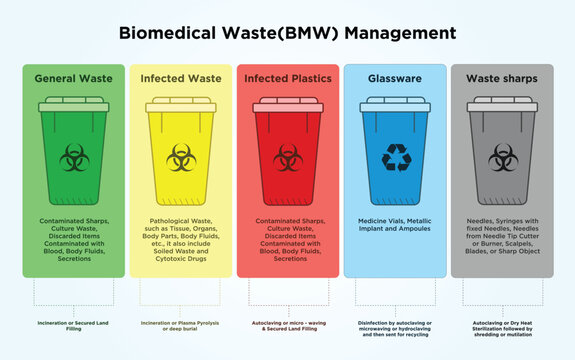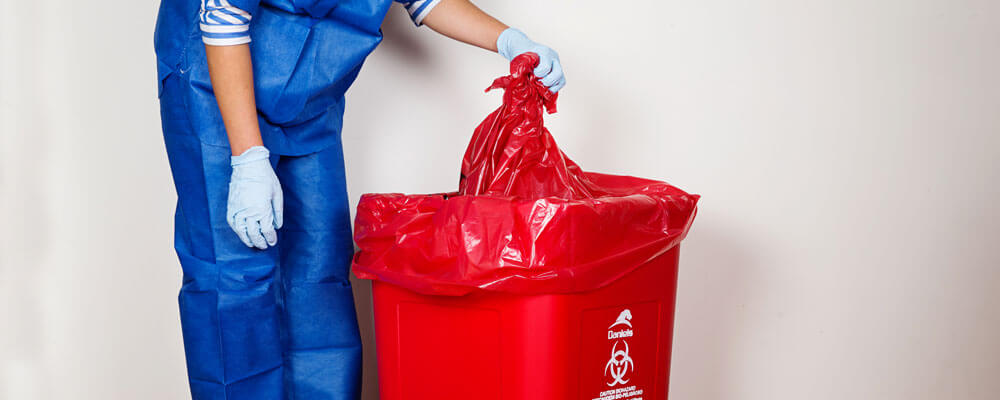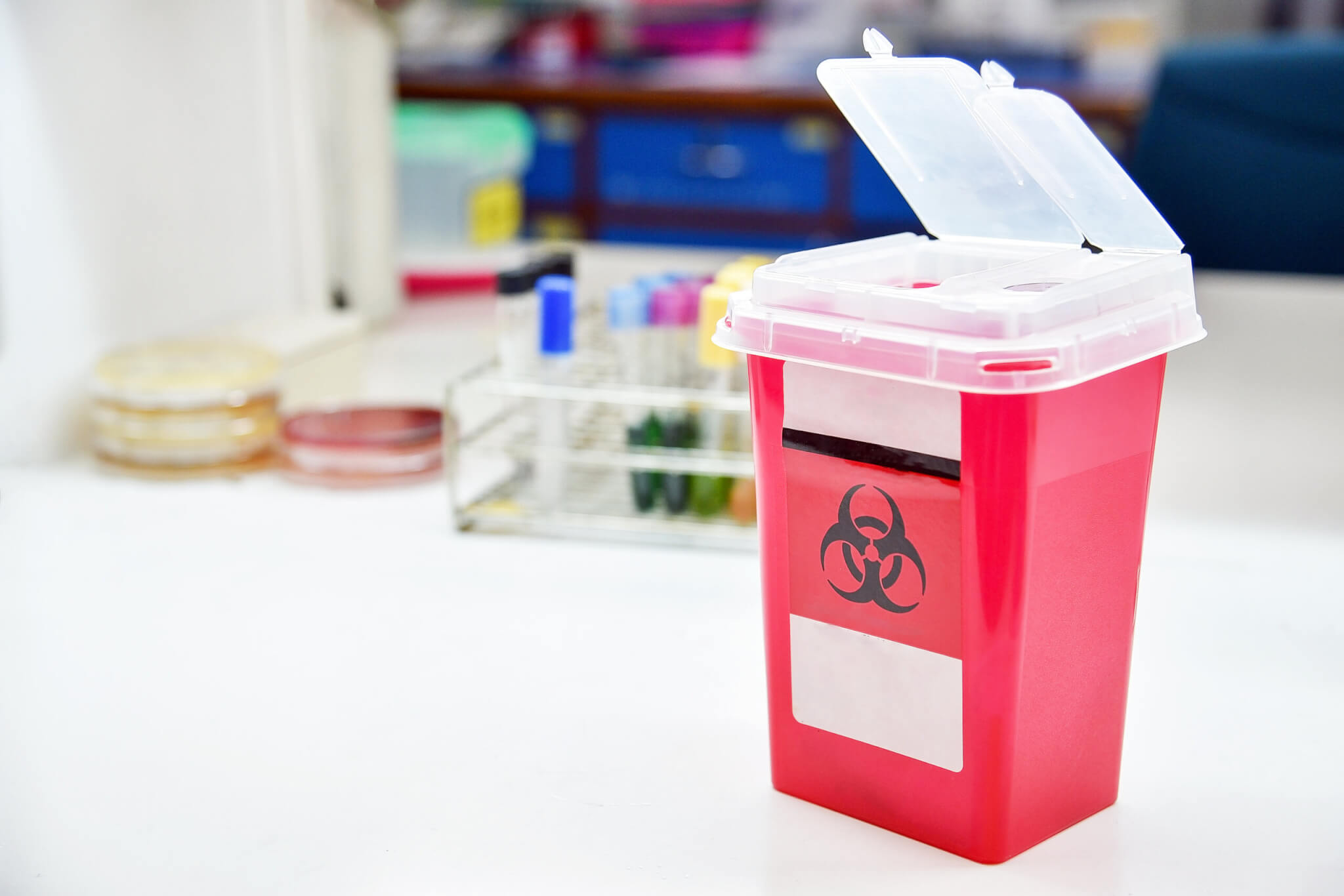Navigating Medical Garbage Disposal: Necessary Solutions for Medical Care Facilities
In the detailed landscape of health care operations, the administration of clinical waste is an important facet that requires precise interest. Healthcare centers, whether little facilities or big health centers, are handed over with the obligation of handling, dealing with, and disposing of a large range of medical waste streams. The intricacies associated with navigating through the governing demands, ensuring proper waste segregation, and implementing risk-free collection and transport processes are paramount. Comprehending the important solutions that sustain medical waste disposal is not simply an issue of compliance but likewise an essential component in guarding public health and wellness and environmental well-being. The details of this process are important for healthcare centers, and the expertise used in this realm plays a crucial function in keeping the stability of health care systems.
Regulatory Conformity Assistance
For health care centers, guaranteeing regulatory conformity support is important to keep proper handling and disposal of medical waste. By partnering with regulative conformity specialists, health care centers can stay current on evolving laws, alleviate dangers linked with inappropriate waste disposal, and inevitably contribute to a more secure and much more lasting setting for all.
Waste Partition Assistance

Healthcare centers must give clear guidelines and training to staff on just how to segregate waste properly. This consists of dividing basic waste from hazardous products such as sharps, infectious waste, drugs, and chemical waste.
Collection and Transportation Services

Proper collection and transportation services are necessary components of the medical garbage disposal process in healthcare centers. These services guarantee that unsafe materials are taken care of securely and in conformity with policies to secure both the atmosphere and public health. Healthcare centers depend on specialized waste administration business to offer reliable collection and transport services tailored to their demands.
Clinical waste collection involves setting apart various types of waste at the point of generation, making use of color-coded bags or bins to compare basic, hazardous, pharmaceutical, and other waste streams. Educated employees need to execute this job to avoid contamination and make sure appropriate disposal. When collected, the waste is carried in specialized vehicles equipped to manage hazardous materials securely. These vehicles abide by rigorous safety requirements and adhere to marked courses to certified treatment facilities for disposal with techniques such as landfilling, incineration, or sterilization.
Treatment and Disposal Solutions
In the world of clinical waste disposal for healthcare facilities, after the critical phase of collection and transport services, the focus moves in the direction of applying efficient treatment and disposal services. Treatment solutions frequently include procedures such as autoclaving, which you could try this out utilizes steam under pressure to disinfect the waste.
Disposal solutions incorporate the final action in the medical waste administration process. Facilities may choose garbage dump disposal, where dealt with waste is carefully deposited in marked locations. Medical Waste Disposal Services. Additionally, medical care centers can select to utilize waste-to-energy centers, which blaze waste to create electrical energy. Reusing and source recovery are also acquiring grip as lasting dig this disposal choices for sure sorts of medical waste products.
Reliable treatment and disposal options are paramount in ensuring compliance with laws and guarding public health and wellness and the setting. Medical care centers have to carefully review and select appropriate methods that line up with their waste administration goals and sustainability efforts.
Personnel Training and Education

To effectively manage medical garbage disposal in health care facilities, comprehensive personnel training and education play a crucial duty in guaranteeing adherence to regulatory needs and maintaining a secure atmosphere. Proper training gears up personnel with the knowledge and abilities needed to deal with different sorts of clinical waste, segregate them appropriately, and package them safely for disposal. By informing workers on the risks linked with improper handling of clinical waste, facilities can decrease the probability of crashes, contamination, and regulative violations.

Verdict
Finally, medical care facilities count on vital clinical waste disposal services to make sure regulative conformity, correct waste segregation, secure collection and transport, effective therapy and disposal, as well as staff training and education. These services play an essential function in keeping the wellness and safety and security of both health care workers and the public, highlighting the significance of appropriate administration of medical waste in health care setups.
For healthcare centers, guaranteeing regulative conformity support is important to keep correct handling and disposal of clinical waste. Waste partition entails classifying different kinds of medical waste to make certain appropriate handling, treatment, and disposal. This consists of dividing basic waste from dangerous products such as sharps, contagious waste, drugs, and chemical waste.Clinical waste collection entails segregating various kinds of waste at the factor of generation, making use of color-coded bags or containers to differentiate between general, hazardous, pharmaceutical, and other waste streams.In the world of clinical waste disposal for healthcare centers, after the critical phase of collection and transportation solutions, the emphasis shifts in the direction of implementing reliable therapy and disposal remedies.